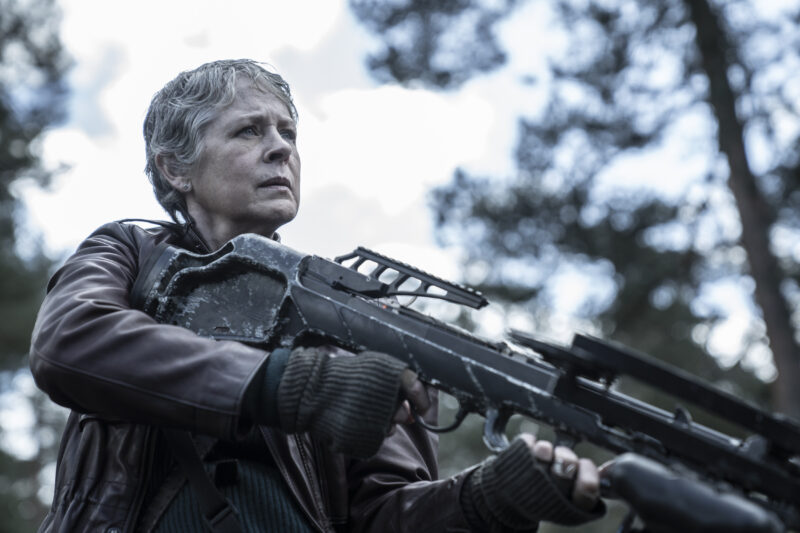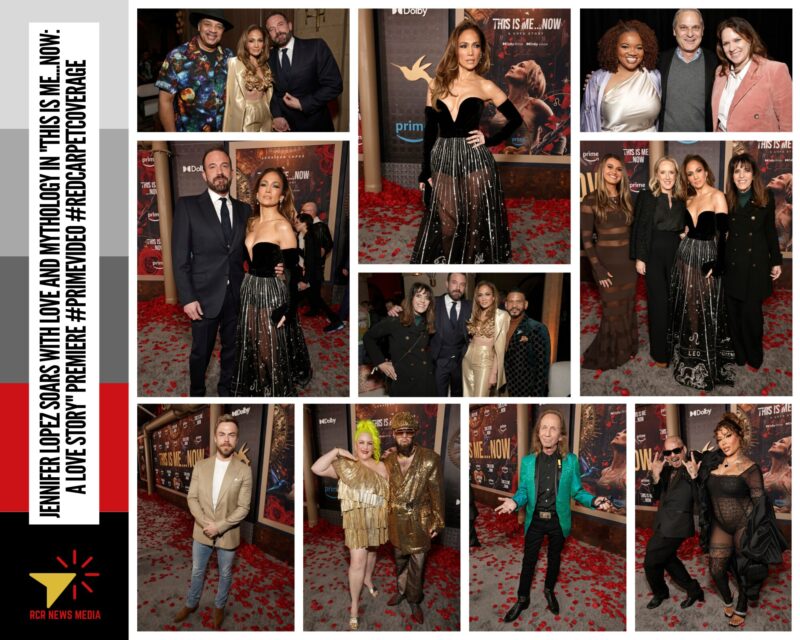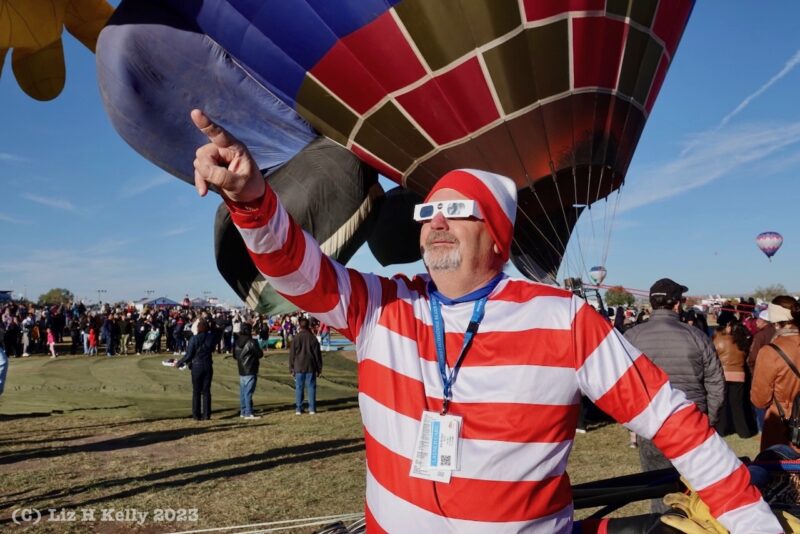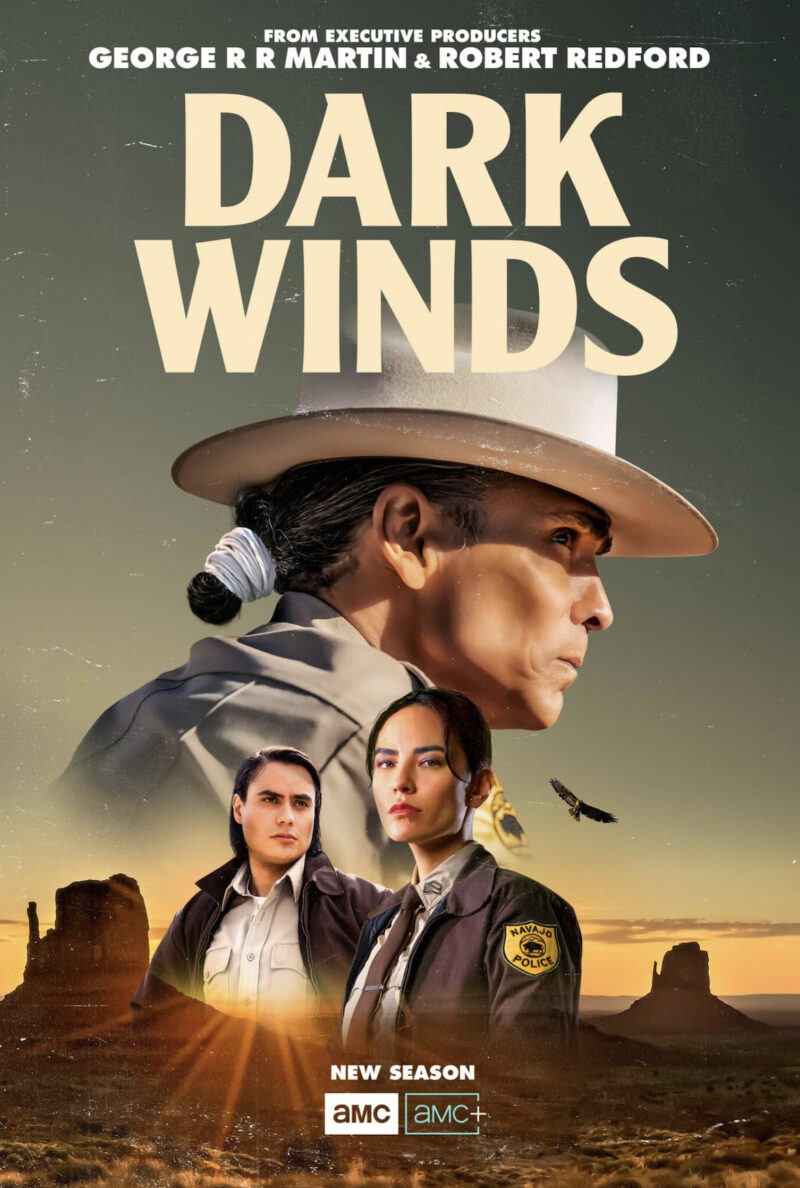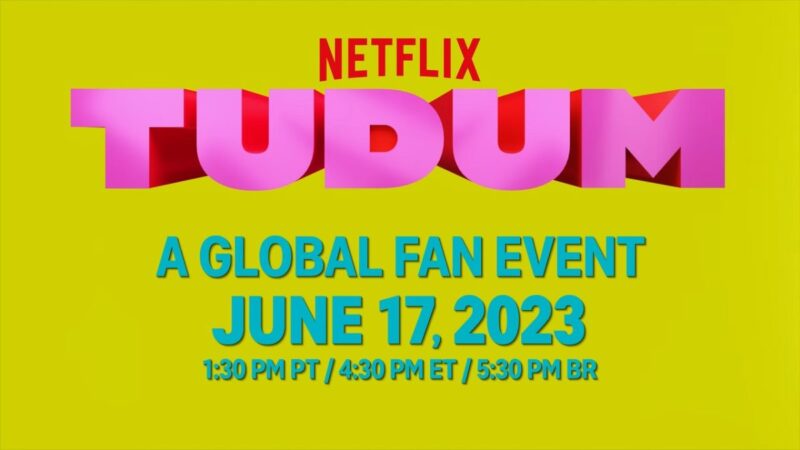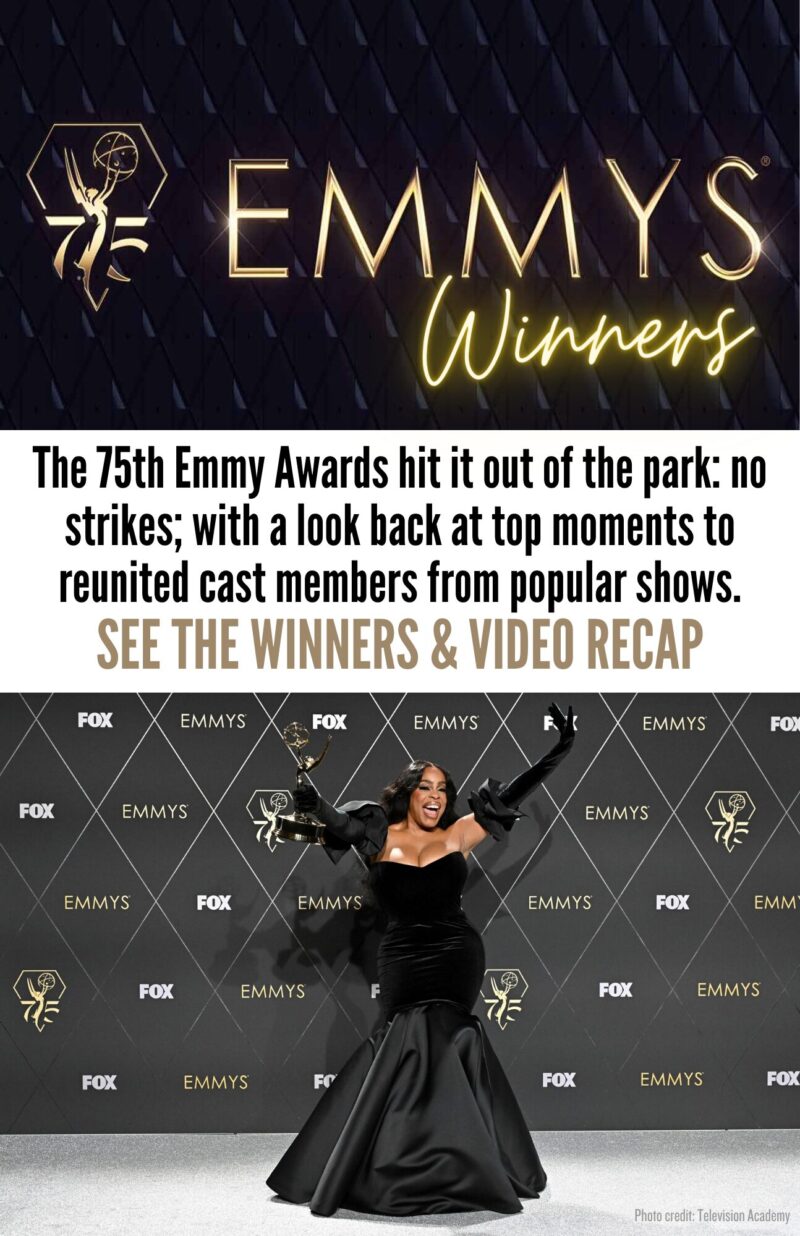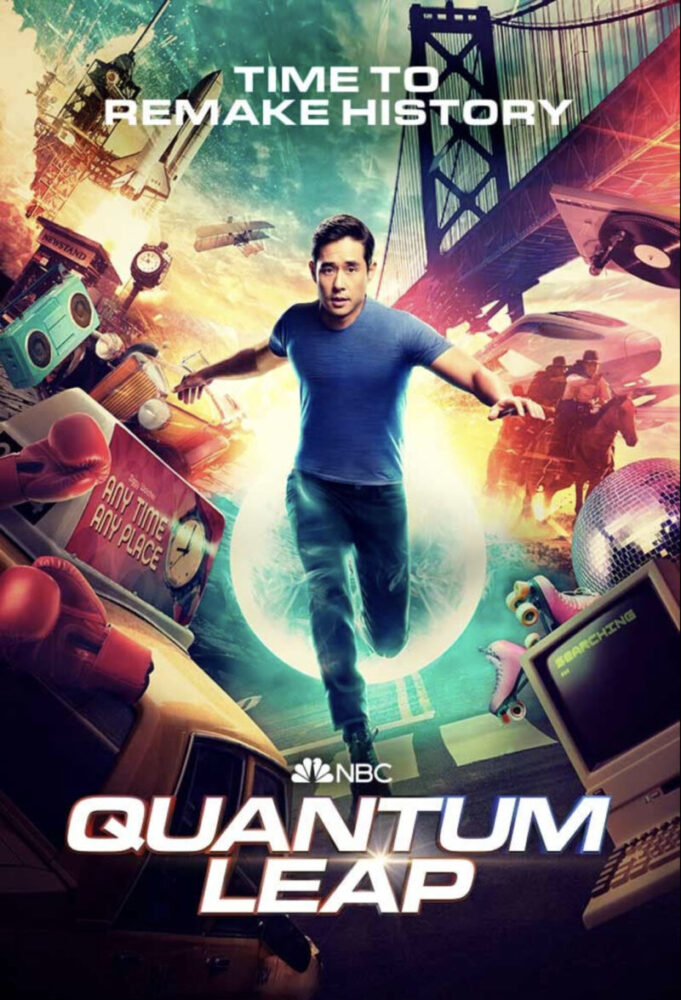It’s been nearly 30 years since Dr. Sam Beckett stepped into the Quantum Leap accelerator and vanished. Now, a new team, led by physicist Ben Song (Raymond Lee), has been assembled to restart the project in hope of understanding the mysteries behind the machine and the man who created it. Everything changes, however, when Ben makes an unauthorized leap into the past, leaving the team behind to solve the mystery of why he did it.
At Ben’s side throughout his leaps is Addison (Caitlin Bassett), who appears in the form of a hologram only Ben can see and hear. She’s a decorated Army veteran who brings level-headed precision to her job. At the helm of the highly confidential operation is Herbert “Magic” Williams (Ernie Hudson), a no-nonsense career military man who has to answer to his bosses who won’t be happy once they learn about the breach of protocol. The rest of the team at headquarters includes Ian Wright (Mason Alexander Park), who runs the Artificial Intelligence unit “Ziggy,” and Jenn Chou (Nanrisa Lee), who heads up digital security for the project.
As Ben leaps from life to life, putting right what once went wrong, it becomes clear that he and the team are on a thrilling journey. However, Addison, Magic, Ian and Jenn know that if they are going to solve the mystery of Ben’s leap and bring him home, they must act fast or lose him forever. Steven Lilien and Bryan Wynbrandt will write and executive produce. Don Bellisario, Deborah Pratt and Martin Gero executive produce.
Interviews with the cast about this new series on NBC
The RCR News Media team interviewed the cast and Showrunner/EP for the new NBC show “Quantum Leap” and spoke with Caitlin Bassett, Ernie Hudson, Nanrisa Lee, Raymond Lee, Mason Alexander Park, Martin Gero, Showrunner/Executive Producer.
Q & A
QUESTION: Hi, Raymond. Does this feel like really big shoes to fill? Ben Song is obviously a different character, and I’m sure we’ll learn more about him as his memory comes back. But Sam Beckett was such a noble and morally pure characters, does it feel like big shoes to fill to be the leaper now?
RAYMOND LEE: Oh, absolutely, enormous. There will never be another Dr. Sam Beckett. But what we’ve created is a brand‑new show with brand‑new characters, and we’re really excited to bring this show to you.
QUESTION: But as far as the values Ben represents, can you expand a little bit about what he brings to each leap?
RAYMOND LEE: Yeah. I mean, I think at the core of it, I think what connects Ben Song and Sam Beckett are the main tenets of their belief in doing good and what it means to be empathetic. And I think through that, as they pass through bodies, they’ll have a joint experience of agreeing on the fact that they’re both doing right what once (phonetic) went wrong.
QUESTION: So for the cast, how familiar were you originally before you got the parts with the show, and have you since gone back and binged it all?
NANRISA LEE: I’ll jump in. I used to watch the show with my dad, so it was a pretty exciting moment when I found out I got to be a part of it. He and I are both really looking forward to watching it together again. I have yet to go back and re‑binge it, but it’s definitely on my list, yeah.
ERNIE HUDSON: Yeah. I used to watch the show with my two older boys. I was a single parent, and we loved watching the show and talking about it, discussing it after. And they’re really excited that Val* gets to be a part of it, so it’s really cool.
RAYMOND LEE: Yeah. This was ‑‑ my best friend in sixth grade, this was his favorite show. And prior to that, it was just all, like, “X‑Men” and “Ninja Turtles” for me, which was the first real show I remember watching, and also my first introduction to sci‑fi. And so I have very fond memories of just, like, playing and then going home and watching it with him the second time it came around. I think it was on USA.
MARTIN GERO: But, Raymond, you do know that “Ninja Turtles” is also sci‑fi, right? Like, that is not based on ‑‑ that is not a real story.
RAYMOND LEE: So, then, my second sci‑fi.
CAITLIN BASSETT: I will admit to being ‑‑ I missed the first one. I think I was just a little under the age. And so I’ve gone back and watched it now, and I just love it.
But my ‑‑ it was one of my dad’s favorite shows, so I was like, “Dad, did you ever watch ‘Quantum Leap?'” He was like, “What? I watched all of ‘Quantum Leap.'” So it’s been really cool, like re‑bonding experience, which is fun, because I feel like that’s one of the best things about the show, is, like, it was a family show. It was a family people ‑‑ or it was a show people watched with their family, like Nanrisa and Ernie. So it’s cool we get to do it again.
MASON ALEXANDER PARK: Apparently, I have no family, because no one watched the show with me.
QUESTION: Martin, what is it about Dr. Song that’s really going to make viewers invest in him? I mean, Sam Beckett was such a beloved character throughout the years. What is it about Dr. Song that’s really going to make people endear themselves to him just as much or alongside the wonderful work he does for this “Quantum,” this new version of “Quantum Leap”?
MARTIN GERO: Yeah. That’s a great question. I mean, you know, for us, I think, you know, Deborah Pratt, one of the original creators and executive producers of the show who’s with us every day on this version ‑‑ we’re so lucky to have her. You know, she really says that the four tenets of “Quantum Leap” are hope, heart, humor, and history. And Ben really inhabits the first three of those. Like, he’s an incredibly hopeful character. He has a tremendous heart. You know, the show is about empathy at its core, and he has a ton of that to give. And then, also, most importantly, I think now, because we want to make a really entertaining and fun show, is the humor. And the humor was a big part of the original “Quantum Leap.” It’s a really important part of this one. And I think this entire cast, Ray especially, has really taken that on, and trying to find a grounded way to bring an incredible amount of hope, heart, and humor to these episodes.
QUESTION: Caitlin, This is really unusual that someone in virtually their first role would get a role this good, this leaping back and forth all over history. So tell us a little bit. When you were in the military and you were in Afghanistan and so forth, were you thinking in the back of your mind, some day I’m going to do this? And how surprised are you now that you are doing this?
CAITLIN BASSETT: A hundred percent. Still shocked I’m not fired.
No, I’m having a great time. I mean, I ‑‑ it was a dream since I was a kid. And I think a lot of people join the military for a lot of different reasons, right? But most of it’s because they ‑‑ you know, that’s kind of one of their best options. And I was in and it was an amazing experience, a growing experience. And, you know, you always dream, right?
But I’ve made some smart choices. I was going to go to law school and I got my degree and I was, you know, going to go be a real adult. And then I got to New York, and I just was like, you know what; I’ve done hard things before. Let’s give it a go. And, I mean, by the grace of God, Martin and Bryan and Steven found me. And, I mean, I never thought it would be so spectacular on such a spectacular show that’s exactly what would I always dream of doing. You know, it’s a show that goes into people’s homes, into people’s families. It’s about hope and it’s ‑‑ it’s a dream come true. I can’t pretend like it’s anything else.
MARTIN GERO: And just to add on to that, you know, Caitlin really is one of our secret weapons, and it’s a secret because she’s literally never been seen before and it’s, like, so exciting for us. You know, the performances she gives in these episodes is so powerful, so incredible, and doesn’t feel like a novice in any way. It’s a real extraordinary story that we’re very happy to be a part of.
QUESTION: Do you have a specific time period or a place that you hope to visit on the series?
NANRISA LEE: You know, selfishly, I think I ‑‑ during COVID, I read a book: my great‑grandmother’s autobiography. And she was in Korea in the ’20s. And I feel like it really brought me closer to her and to obviously my family history and to a culture that I was less familiar with before. And since then, I feel like I would always ‑‑ I would really love to ‑‑ not interfere. I just want to go and observe my great‑grandmother in those times in Korea in the early ’20s. And just ‑‑ I don’t know. I just feel like it would make me closer to her. So that’s mine.
MASON ALEXANDER PARK: Yeah. I would probably either say, like, 1920s Weimar Cabaret in Berlin. Or 1961, I would go back and see Judy Garland perform at Carnegie Hall.
CAITLIN BASSETT: I think one of my ‑‑ you know, obviously, from my previous lives ‑‑ I’m a bit of a nerd. So from law school in particular, and also the military, like, I love watching how the world kind of performed. And I think that happened in ‑‑ for America in particularly just prior to World War I and during World War I. So I think that era is so interesting to me, because basically everything that happened there is everything that’s playing out right now ‑‑ like, the powers that be, all of that. So I think the nerd part of me would really like to go back there and kind of see how the chips fell.
MARTIN GERO: And I think, Ernie, if I could speak for Ernie, I think Ernie would love to go back to, like, earlier this morning and remember to charge his laptop. I don’t know for sure, but I think, like, that is ‑‑ again, I don’t want to speak for him, but I think that might be a place he would like to visit.
RAYMOND LEE: I would go back to the early 2000s. I know that’s not too far back, but, man, it was a fun time. Sugar Ray was on the radio. Blink 182, like, (audio unintelligible). I wore board shorts every day.
ERNIE HUDSON: Well, you know, it’s kind of ‑‑ yeah, maybe back ‑‑ you know, for me, the ’60s just in terms of I think I could have had more fun, you know. I mean, it was a period that a lot of things were going on. I’d love to kind of, sort of revisit some of that, and it ‑‑ maybe I, you know ‑‑ I’d loved to a different perspective of it, you know, yeah.
QUESTION: Martin, I’ve got a couple questions for you. Going off of what Nanrisa said, you have a very eclectic past with a whole bunch of different backgrounds and different personalities and different cultures. Can Ben only leap into Americans? And can Ben only leap into men? And, also, would he ever leap into a case that Sam covered or maybe even into Sam?
MARTIN GERO: I’m not going to answer the third one because that’s too deep in the season. I don’t want to get into stuff there. As far as can he jump into anyone other than Americans, absolutely. And can he jump into women, yes. That’s ‑‑ our first one ‑‑ our first women he’ll jump into will be Episode 4.
QUESTION: In terms of playing the hologram in this, Dean Stockwell got to do a lot of real character actor work as Al. Can you talk a bit about playing Addison in terms of the way you’re playing her? She seems pretty straightforward at least initially. Do you get into character actor territory? Is that something you want to get into with character?
CAITLIN BASSETT: Yeah. I think, and particularly when you’re looking at the old show, you know, in the first couple episodes Al and Dean were ‑‑ they were still ‑‑ or Al, Dean, and Sam Scott, we’re all still trying to figure it out. You know, like, a lot of that real big kind of stuff didn’t really shake out in the first few. It wasn’t until they kind of realized what was happening, and there was a little bit of safety allowed and, you know, he’s going to make it through. We’re all going to be okay. This is kind of the deal until we figure out how to get him home. That’s where that real humor and that real, like, charm and that real relationship and the space for the relationship really had time to sink in. And I think that’s very reflective in this relationship.
You know, the first one, I think we’re all trying to figure out what is going on. But as we kind of move forward, that’s when you’re really going to start to see the relationship deepen and the humor really come in in much bigger ways, and I get to start having way more fun. They still haven’t given me a cigar; I’m asking. But I think that’s really when, like, you’re going to start to see Addison just have a good time and Ben have a ‑‑ you know. And I’m very excited for the viewers to get that, because that’s, I think, where they’re going to start to see that heart again.
QUESTION: Martin, Raymond, and Caitlin. Obviously, with a show that is this ambitious in scope, there are a lot of moving parts and you’re obviously kind of jumping from decade to decade maybe every week. So what do all of you enjoy most about essentially shooting a new show every episode? And what are some of the biggest logistical and professional challenges for you when it comes to this show in particular?
RAYMOND LEE: Yeah. I’m checking off a bucket list with every episode. It’s an actor’s dream to not only be in different periods with different projects but to do it all in one. It’s the roles of a lifetime. I’m having so much fun. And, yeah, it’s been a blast so far, and I anticipate that it will continue to be a blast.
MARTIN GERO: Yeah. I think it’s, like, a writer’s dream for that exact same reason. It’s not like we’re solving a different ‑‑ like, just a murder every week. It’s like it’s ‑‑ the show is a ‑‑ it’s truly like a 52 pick‑up of television. It’s just like, I don’t know. What are the shows that we’ve always wanted to write? What are the movies that we love? What are the stories we want to tell? Everything has a place here on a show like this. And the ‑‑ that’s rad on a creative level. On a production level, I mean, I cannot say enough about our incredible crew. We’re shooting the show here in Los Angeles, California, on the Universal backlot, where you can ride the movies. And it’s very exciting, you know, for us to be able to shoot on these ‑‑
But, you know, the learning curve that you have on a regular show is just so different on this one because we’re basically making a pilot every episode. Like, a perfect example is we’re doing a western in Episode 5, and I was, like, oh great. We have a western backlot. Like, we can just go shoot there. And then you find out, like, oh, it’s going to cost like $150,000 to, like, put dirt down. And you’re like, “$150,000 in dirt? That can’t be right.” And then you try to reduce the dirt budget. And then you get there and you’re like, oh, no. It is a lot of dirt. Like, it’s a lot of dirt. And then we have to then pick up the dirt and then move the dirt away. There’s a lot ‑‑ and so just kind of things like that where there ‑‑ every episode, you’re like there’s a real stunner, and it’s like, oh, right, of course. If we had done a hundred of these, we would know that. But every episode is kind of a pilot for us.
CAITLIN BASSETT: And I’m going to jump on especially the back of Ray’s answer. What’s the beauty of the hologram is that I’m very involved and very much am emotionally invested in what’s happening with Ben and what’s happening back at HQ. But I can’t physically affect anything, so there’s an element of, like, me with my popcorn. And it’s so much fun. It’s just ‑‑ and you get to see something every week. And also this mind sound pithy, but it’s not. The cars, you’re so cool. We just get the coolest cars and the coolest clothes. It’s fun. It’s very fun.
QUESTION: When you look back at those old episodes of “Quantum Leap,” does anything about the era kind of stand out to you? Were they doing different things at that time that now you’d look at and you’d go, “Oh, no, no, no. We couldn’t do that”?
MARTIN GERO: That’s a great question. I mean, I don’t think so. I mean, like, I think the show is a wonderful representation of ironically modern‑day morals, right? So I think we ‑‑ we have evolved and so has the show and the stories that we hope to tell on them.
QUESTION: The question is when you guys first started doing this, how was the decision‑making process as far as, like, making it a reboot, making it a continuation, or making it a re‑imagination?
MARTIN GERO: Yeah. I think from the beginning, like, the show is so iconic and beloved, it felt crazy to just do a version with a new Sam and a new Al. Like, it would be ‑‑ it would set up to fail essentially. And so for all of us that were involved at the beginning, it really made sense for this to be a continuation of the story with a brand‑new set of characters, one that could honor the old show, pay service to the old show, but, you know, have a really low bar for entry for new viewers. And I think that’s, like, the tightrope we’re walking, right? Like, we want all of the rabid fans of “Quantum Leap” to watch the show and have it feel like “Quantum Leap.” Like, yes, this is “Quantum Leap.” It’s an evolution of “Quantum Leap,” but it feels that way. But, also, we want ‑‑ you know, there’s an enormous amount of people that don’t have ‑‑ like, are vaguely familiar with the title and are just going to check the show out clean, and we didn’t want to weigh the show down with a lot of mythology immediately that would make it feel like, oh, I need to watch 90‑plus episodes of “Quantum Leap” before I can start this.
So this, you can start fresh. And then slowly, over the course of the season, there’s an enormous amount of backstory and mythology from the original show that we’re really excited to share with fans. But it’s done in a way that will feel like a different view on past events for our old fans, so it’s new information for them. And for our new fans, it just feels like we’re still in the middle of the story and it’s coming out organically.
QUESTION: The character of “Magic” Williams was a special name for “Quantum Leap” fans. What inspired the decision to incorporate this character and is this the same “Magic” Williams?
MARTIN GERO: It is the same “Magic” Williams. And I think, you know, we were all looking for as much ‑‑ again, as much connective tissue with the old show without it being impossible to overcome for new viewers. And, you know, we don’t want to give too much away, but there’s ‑‑ like, one of my favorite scenes in the whole show so far is between Mason and Ernie where we find out Magic’s kind of backstory. I think it’s really powerful and beautiful and, again, it’s just a fresh perspective on the old show in a way that I think only our show can do. And so it was ‑‑ it’s really incredible. And, I mean, just having Ernie on the show, period, is such a thrill for all of us, and to see him doing such phenomenal work is ‑‑ it’s really breathtaking and so exciting.
QUESTION: In the original series, we didn’t really get to see the headquarters very much, so that’s obviously going to be a big part of the show. How is that going to kind of balance as a B‑story? Will we ever have episodes where it will be mostly from that perspective? How is it going to be used?
MARTIN GERO: I think when we talked about modernizing the show, part of the reason I think this works is because not only are you having ‑‑
You know, the original “Quantum Leap” is basically an anthology series, with, like, a very thin through line. You know, obviously a lot of character development but not a lot of serialized story. And I think everyone kind of felt from the studio side, the network side ‑‑ everyone kind of felt like it needed some sort of serialized aspect and how do we do that. And I think the modern‑day part of it allows us to have that flexibility to ‑‑ you know, why did Ben leave? What’s going on? Like, why didn’t he tell anyone? That mystery pulls you through week to week without kind of alienating casual viewers, you know. So the idea is for it to be pretty balanced. It will mostly be the leaps. Every now and again, if there’s, like, a huge event that needs to be talked about in the present day, you know, it gets closer to, like, 40 percent of the episode. But the show’s called “Quantum Leap,” and we’re going to be focusing predominantly on the leaps.
QUESTION: Martin, about the balance of advancing Ben’s desire to leap home and Addison and Ben not knowing who each other are. How do you balance that kind of and move that forward? But you can’t move it forward too much because you want to keep that mystery of the show, so just a little bit about how we might see that unfold over the course of the first season and how you keep viewers invested in moving forward but not ‑‑ wouldn’t probably want to move it forward too much?
MARTIN GERO: Yeah. And, again, the good news is, is because of that balance, that serialized mystery doesn’t have to ‑‑ is not carrying the weight of the show, right? Like, the fun of the show are these leaps and then the serialized aspect is kind of, like, just a glorious, delicious icing on top of the cake. And so for us, like, why Ben left is the big question for this first season that we will absolutely answer. And it’s real ‑‑ I think really satisfying and great. I’m biased.
But as far as, like, Caitlin and Ray and, like, when they ‑‑ you know, Ray/Ben will slowly get his ‑‑ will get his memory back pretty quickly as far as it comes to, like, at least remembering Caitlin and her ‑‑
You guys are just these people, right?
So yeah. Ben will remember that he’s in love with Addison pretty quick because we didn’t want to stretch that out too much. And we think, honestly, that’s information the audience has, so we want to get that information to Ben pretty fast. And I think it’s done, again, like, in a really clean way. And, then, from that point on, it actually gets ‑‑ the relationship gets way more complex, because it’s, like, the long‑distance relationship from hell. I mean, like, they’re separated by time and space, you know, not just onto separate coasts with a bad time difference. Like, this is a huge time difference. And they can’t touch and they can’t ‑‑ so that type of story is actually incredibly touching and very emotional and, like, occasionally very sexy, if I do say so myself. It’s just like there’s a heat between these two characters that is, like ‑‑ it’s kind of undeniable and it’s a big part of why I think this version of the show works.

If you know anything about the classic TV show Quantum Leap, it’s that leaping from body to body—and time period to time period—is a crucial component. And the new Quantum Leap, premiering September 19 at 10/9c on NBC, will continue that legacy.
The new Quantum Leap social media filter will give you a taste of that possibility. Facebook and Instagram mobile users can follow this link (or scan the QR code above) to a filter that will transport them to one of three different time periods. Ever wanted to know what it was like to live in the ’70s? Well, now’s your chance. The “Take the Leap” filter is a fun, personal way to hype yourself up for the new Quantum Leap, which will be jam-packed with action, intrigue, and, of course, transporting across time and space.
Find out more about “Quantum Leap” https://www.nbc.com/quantum-leap


